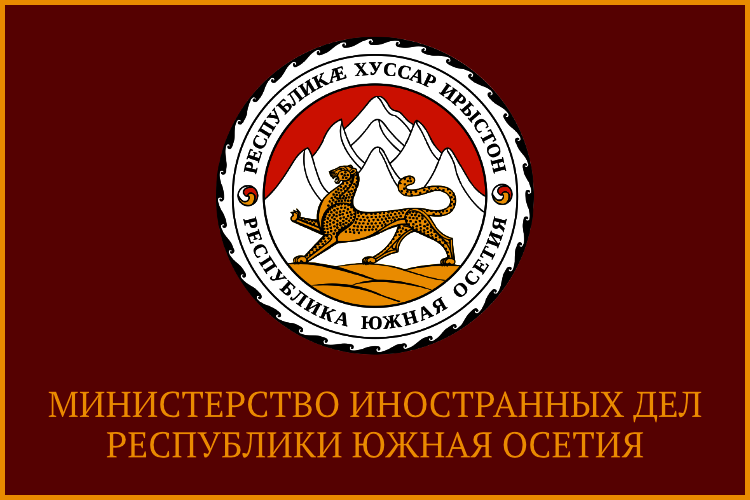On July 3, 2012 the UN General Assembly approved a draft resolution on "Situation of Internally Displaced Persons and Refugees from Abkhazia, Georgia and Tskhinvali district / South Ossetia, Georgia" submitted by Georgia for balloting.
The Georgian delegation has introduced this resolution to the secretariat of the General Assembly for the third time since August 2008, and the text of the resolution is absolutely similar to the document of previous years, thereby it makes attempts of reversing the situation using political and diplomatic means, that is to give back to Georgia lost positions using humanitarian issues. Somehow, member countries of the UN supporting the resolution were neither surprised at one-sided position of the resolution nor interested if the document under issue complied with the real situation of affairs in these regions.
The main thing in finding the right balance in conflict issues is a comprehensive study of the problem, accounting existing realities and fundamental differences in approaches to the methods of settlement; otherwise it is naturally impossible to expect a conformance in a common final formula. Thus, the adoption of the resolution without taking into account the position of interested parties contradicts the purposes of settlement, and its "philosophy". South Ossetia has repeatedly raised the possibility of performance of its representative at the meeting of the UN General Assembly in order to bring the position of the South Ossetian people and to present their vision of the situation, including the solution of refugee problems, but it was ignored.
The "regret" for some hypothetical refugees expressed in the resolution also looks strange when real history remembers ethnic Georgians who voluntarily left the territory of South Ossetia, for they were aware of impending aggression a few days before the invasion of Georgian forces.
The position of the member countries of the UN General Assembly is also surprising for actually they should protect the interests of the inhabitants of the world, but in reality they do it selectively. Apparently when one needs to derive from political considerations, it is more convenient to forget one`s obligations - to consider human rights as universal value. Otherwise, how do you understand why they have raised such a fuss about the refugees and IDPs exactly now, while in 1990-1992 according to various sources over a hundred thousand Ossetians escaped from Georgia and South Ossetia fleeing from ethnic cleansing. Most of these people found refuge in the Russian Federation; some have become refugees or internally displaced persons in the territory of South Ossetia. The vast majority of them are still IDPs.
Until now, tens of thousands of those South Ossetia refugees’ descendants live in the Republic of North Ossetia-Alania, the Russian Federation. In June 1920 they were able to save their lives during the massacre perpetrated by the troops of the Georgian Democratic Republic acting to the order of their government. The total number of Ossetian refugees and their descendants has already outnumbered the population of South Ossetia.
Repeated attacks of Georgia on South Ossetia, mass killings and ethnic cleansing against Ossetians, repeatedly organized by the Georgian authorities, were a consequence of the impunity of the Georgian leaders and perpetrators of these heinous crimes against Ossetians.
On the basis of all this one can conclude that the Western countries see the problem of the region in a distorted, one-sided format, only through the prism of the interests of the Georgian authorities, completely ignoring the reality and the interests of the people of South Ossetia.
The adoption by the UN General Assembly of the politically engaged Georgian project can only harm the work of the Geneva talks, which today is the only platform where the representatives of South Ossetia, Abkhazia and Georgia can exchange views on the entire spectrum of existing problems.
Tskhinval July 5, 2012
